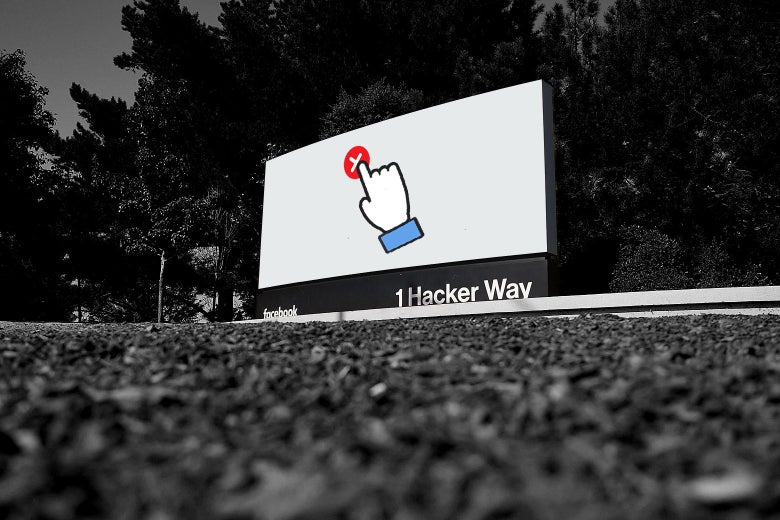Emily Alpert Reyes
Los Angeles Times
Originally posted 9 April 24
Months after Kaiser Permanente reached a sweeping agreement with state regulators to improve its mental health services, the healthcare giant is facing union allegations that patients could be improperly losing such care.
The National Union of Healthcare Workers, which represents thousands of Kaiser mental health professionals, complained earlier this year to state regulators that Kaiser appeared to be inappropriately handing off decisions about whether therapy is still medically necessary.
The union alleged that Rula Health, a contracted network of therapists that Kaiser uses to provide virtual care to its members, had been directed by Kaiser to use “illegal criteria” to make those decisions during regular reviews.
Here is my thoughts:
Kaiser Permanente is facing accusations from the National Union of Healthcare Workers (NUHW) that it is still violating mental health care laws, even after a recent $200 million settlement with the California Department of Managed Health Care (DMHC) over its mismanagement of behavioral health benefits.
The union alleges that Kaiser is inappropriately delegating decisions about the medical necessity of therapy during regular reviews to a contracted network of therapists, Rula Health, who are using "illegal criteria" to make these decisions instead of professional group criteria as required by California law.
The union claims this is resulting in patients with psychological disorders being unfairly denied continued access to necessary treatment. Furthermore, the union argues that the frequent clinical care reviews Kaiser is subjecting mental health patients to violate laws prohibiting insurers from erecting more barriers to mental healthcare than for other health conditions. Importantly, Kaiser does not subject other outpatient care to such reviews.
The DMHC has confirmed it is examining the issues raised by the union under the recent $200 million settlement agreement, which required Kaiser to pay a $50 million fine and invest $150 million over five years to improve its mental healthcare. The settlement came after the DMHC's investigation found several deficiencies in Kaiser's provision of behavioral health services, including long delays for patients trying to schedule appointments and a failure to contract enough high-level behavioral care facilities.
Kaiser has stated that it does not limit the number of therapy sessions and that decisions on the level and frequency of therapy are made by providers in consultation with patients based on clinical needs. However, the union maintains that Kaiser's actions are still violating mental health parity laws.



















